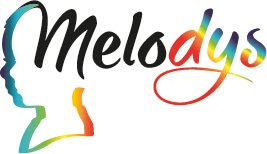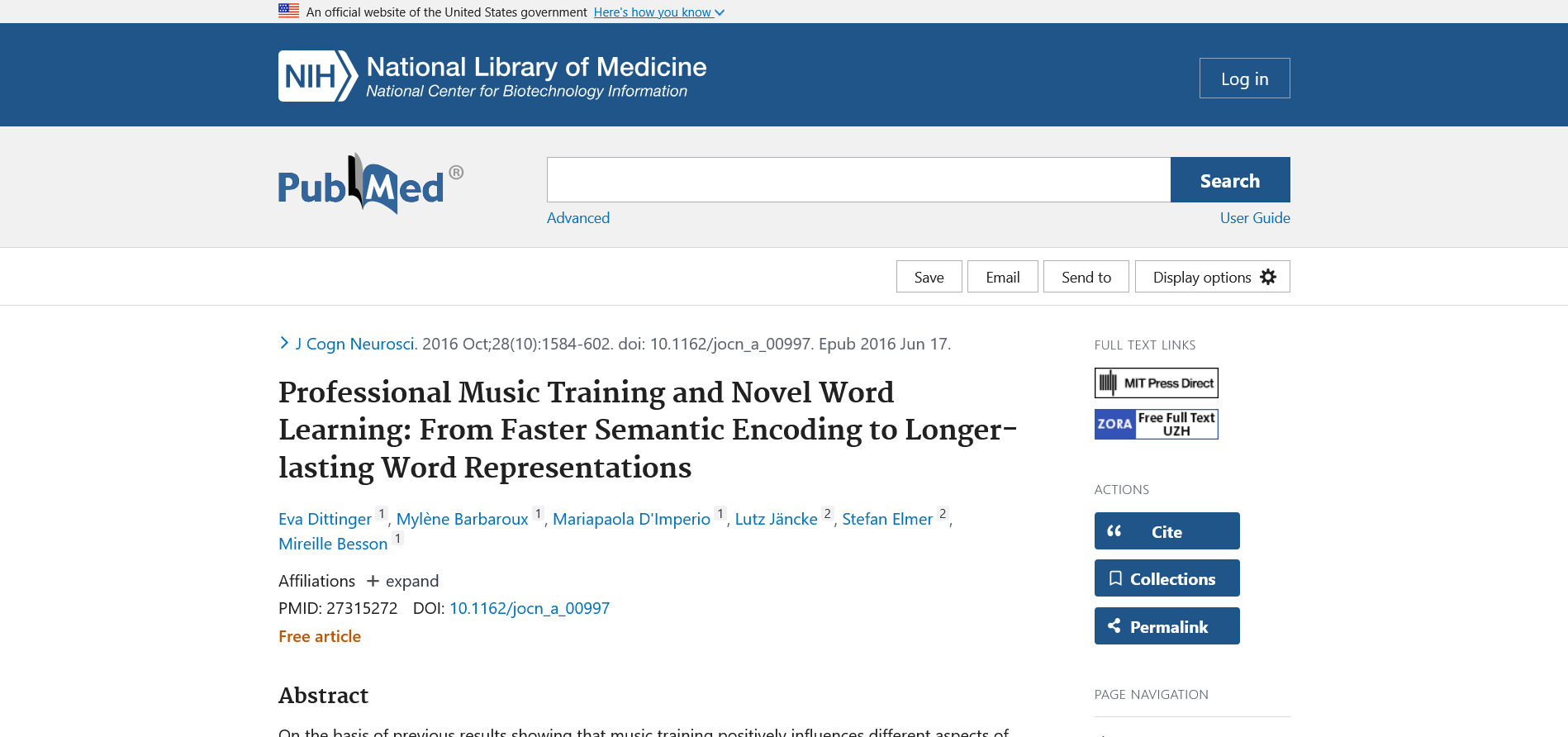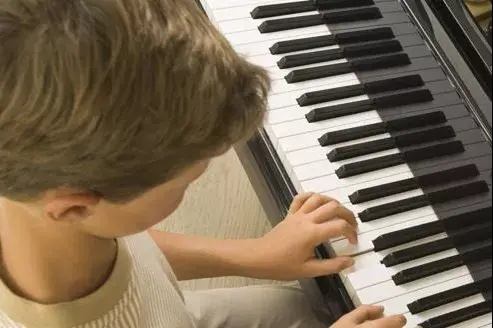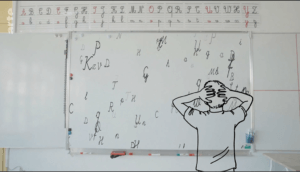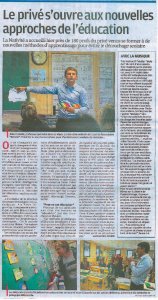Source https://pubmed.ncbi.nlm.nih.gov/27315272/
- PMID: 27315272
- DOI: 10.1162/jocn_a_00997
Abstract
On the basis of previous results showing that music training positively influences different aspects of speech perception and cognition, the aim of this series of experiments was to test the hypothesis that adult professional musicians would learn the meaning of novel words through picture-word associations more efficiently than controls without music training (i.e., fewer errors and faster RTs). We also expected musicians to show faster changes in brain electrical activity than controls, in particular regarding the N400 component that develops with word learning. In line with these hypotheses, musicians outperformed controls in the most difficult semantic task. Moreover, although a frontally distributed N400 component developed in both groups of participants after only a few minutes of novel word learning, in musicians this frontal distribution rapidly shifted to parietal scalp sites, as typically found for the N400 elicited by known words. Finally, musicians showed evidence for better long-term memory for novel words 5 months after the main experimental session. Results are discussed in terms of cascading effects from enhanced perception to memory as well as in terms of multifaceted improvements of cognitive processing due to music training. To our knowledge, this is the first report showing that music training influences semantic aspects of language processing in adults. These results open new perspectives for education in showing that early music training can facilitate later foreign language learning. Moreover, the design used in the present experiment can help to specify the stages of word learning that are impaired in children and adults with word learning difficulties.
Similar articles
- Evidence for Enhanced Long-term Memory in Professional Musicians and Its Contribution to Novel Word Learning.Dittinger E, Korka B, Besson M. J Cogn Neurosci. 2021 Apr;33(4):662-682. doi: 10.1162/jocn_a_01670. Epub 2020 Dec 30. PMID: 33378241
- Increased functional connectivity in the ventral and dorsal streams during retrieval of novel words in professional musicians.Dittinger E, Valizadeh SA, Jäncke L, Besson M, Elmer S. Hum Brain Mapp. 2018 Feb;39(2):722-734. doi: 10.1002/hbm.23877. Epub 2017 Nov 3. PMID: 29105247 Free PMC article.
- Musicians detect pitch violation in a foreign language better than nonmusicians: behavioral and electrophysiological evidence.Marques C, Moreno S, Castro SL, Besson M. J Cogn Neurosci. 2007 Sep;19(9):1453-63. doi: 10.1162/jocn.2007.19.9.1453. PMID: 17714007
- Prosodic and melodic processing in adults and children. Behavioral and electrophysiologic approaches.Magne C, Schön D, Besson M. Ann N Y Acad Sci. 2003 Nov;999:461-76. doi: 10.1196/annals.1284.056. PMID: 14681170 Review.
- Influence of musical expertise and musical training on pitch processing in music and language.Besson M, Schön D, Moreno S, Santos A, Magne C. Restor Neurol Neurosci. 2007;25(3-4):399-410. PMID: 17943015 Review.
Cited by
- Expert Event Segmentation of Dance Is Genre-Specific and Primes Verbal Memory.Di Nota PM, Olshansky MP, DeSouza JFX. Vision (Basel). 2020 Aug 10;4(3):35. doi: 10.3390/vision4030035. PMID: 32785006 Free PMC article.
- Music Perception Abilities and Ambiguous Word Learning: Is There Cross-Domain Transfer in Nonmusicians?Smit EA, Milne AJ, Escudero P. Front Psychol. 2022 Feb 28;13:801263. doi: 10.3389/fpsyg.2022.801263. eCollection 2022. PMID: 35401340 Free PMC article.
- Toward a More Conclusive Understanding of the Relationship between Musical Training and Reading.Jantzen MG. Front Psychol. 2017 Feb 27;8:263. doi: 10.3389/fpsyg.2017.00263. eCollection 2017. PMID: 28289396 Free PMC article. No abstract available.
- Adult Learning of Novel Words in a Non-native Language: Consonants, Vowels, and Tones.Poltrock S, Chen H, Kwok C, Cheung H, Nazzi T. Front Psychol. 2018 Jul 24;9:1211. doi: 10.3389/fpsyg.2018.01211. eCollection 2018. PMID: 30087631 Free PMC article.
- Effects of Amateur Musical Experience on Categorical Perception of Lexical Tones by Native Chinese Adults: An ERP Study.Zhu J, Chen X, Yang Y. Front Psychol. 2021 Mar 15;12:611189. doi: 10.3389/fpsyg.2021.611189. eCollection 2021. PMID: 33790832 Free PMC article.
MeSH terms
Substances
LinkOut – more resources
Full Text Sources
Other Literature Sources
